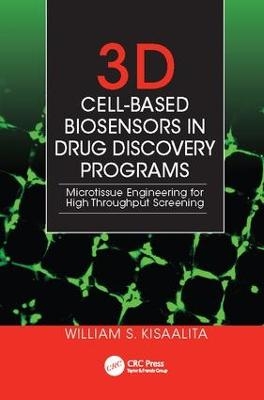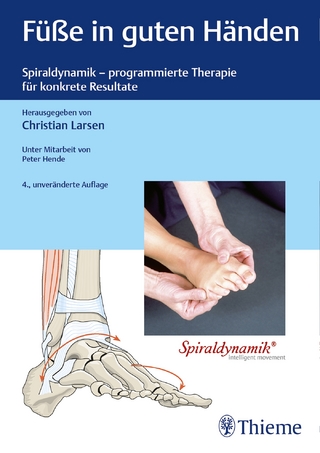
3D Cell-Based Biosensors in Drug Discovery Programs
CRC Press (Verlag)
978-1-138-11202-5 (ISBN)
The book supplies a historical perspective and defines the problem 3D cultures can solve. It also discusses how genomics and combinatorial chemistry have changed the way drug are discovered and presents data from the literature to underscore the less-than-desirable pharmaceutical industry performance under the new paradigm. The author uses results from his lab and those of other investigators to show how 3D micro environments create cell culture models that more closely reflect normal in vivo-like cell morphology and function. He makes a case for validated biomarkers for three-dimensionality in vitro and discusses the advantages and disadvantages of promising tools in the search of these biomarkers. The book concludes with case studies of drugs that were abandoned late in the discovery process, which would have been discarded early if tested with 3D cultures.
Dr. Kisaalita presents evidence in support of embracing 3D cell-based systems for widespread use in drug discovery programs. He goes to the root of the issue, establishing the 3D cell-based biosensor physiological relevance by comparing 2D and 3D culture from genomic to functional levels. He then assembles the bioengineering principles behind successful 3D cell-based biosensor systems. Kisaalita also addresses the challenges and opportunities for incorporating 3D cell-based biosensors or cultures in current discovery and pre-clinical development programs. This book makes the case for widespread adoption of 3D cell-based systems, rendering their 2D counterparts, in the words of Dr. Kisaalita "quaint, if not archaic" in the near future.
William S. Kisaalita, PhD is professor and former coordinator of graduate engineering programs at the University of Georgia, where he also directs the Cellular Bioengineering Laboratory. The main research focus of his laboratory is cell-surface interactions with applications in cell-based biosensing in drug discovery. He has published more than 80 peer reviewed and trade press papers and made more than 100 poster and podium presentations. He has received numerous instructional awards including membership in the University of Georgia Teaching Academy. He is a member of ACS, AAAS, ASEE, and SBS. Dr. Kisaalita serves on the editorial boards of The Open Biotechnology Journal and The Journal of Community Engagement and Scholarship.
Introduction. Biosensors and Bioassays. Target-Driven Drug Discovery. 3D versus 2D Cultures. Comparative Genomics and Proteomics. Comparative Structure and Function.
Emerging Design Principles. Chemical Microenvironmental Factors. Spatial and Temporal Microenvironmental Factors. Material Physical Property and Force Microenvironmental Factors. Proteomics as a Promising Tool in the Search for 3D Biomarkers. Readout Present and Near Future. Ready-to-Use Commercial 3D Plates.
Technology Deployment Challenges and Opportunities. Challenges to Adopting 3D Cultures in HTS Programs. Cases for 3D Cultures in Drug Discovery. Ideal Case Study Design. Appendices. Index.
| Erscheinungsdatum | 25.07.2017 |
|---|---|
| Zusatzinfo | 52 Tables, black and white; 109 Illustrations, black and white |
| Verlagsort | London |
| Sprache | englisch |
| Maße | 156 x 234 mm |
| Gewicht | 453 g |
| Themenwelt | Medizin / Pharmazie ► Pharmazie |
| Medizin / Pharmazie ► Physiotherapie / Ergotherapie ► Orthopädie | |
| Naturwissenschaften ► Biologie | |
| Technik ► Medizintechnik | |
| Technik ► Umwelttechnik / Biotechnologie | |
| ISBN-10 | 1-138-11202-X / 113811202X |
| ISBN-13 | 978-1-138-11202-5 / 9781138112025 |
| Zustand | Neuware |
| Haben Sie eine Frage zum Produkt? |
aus dem Bereich


